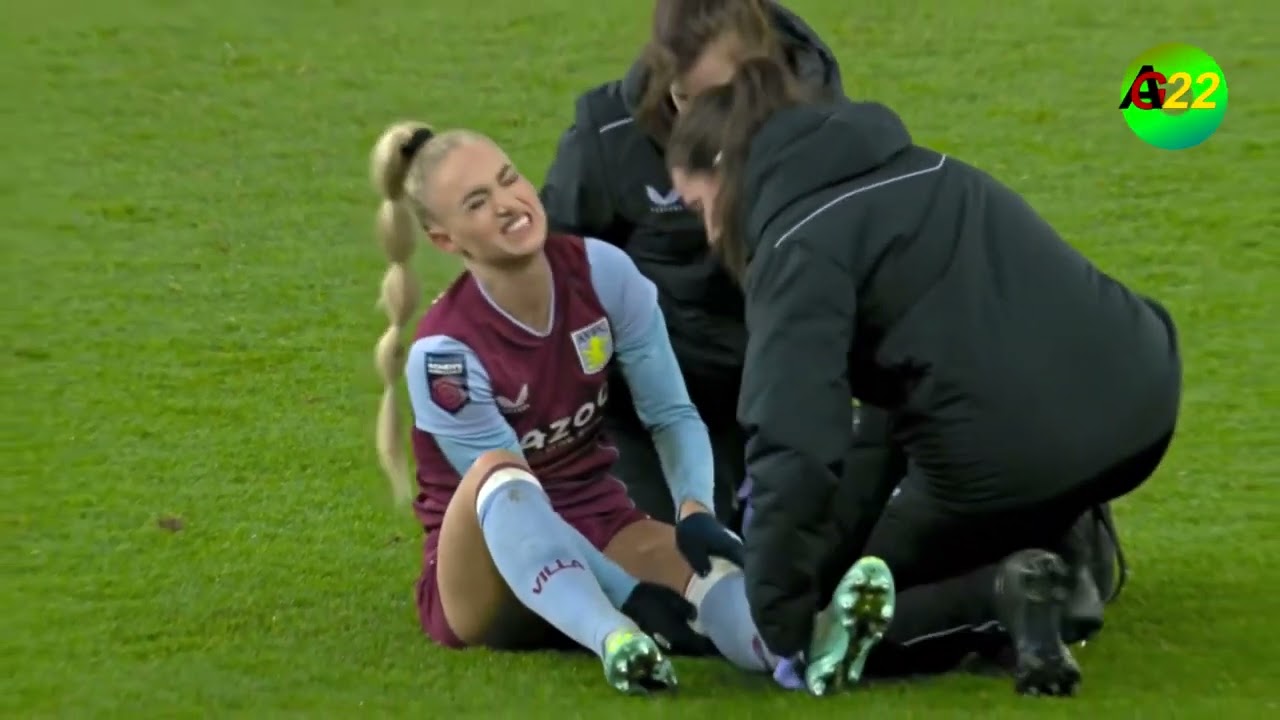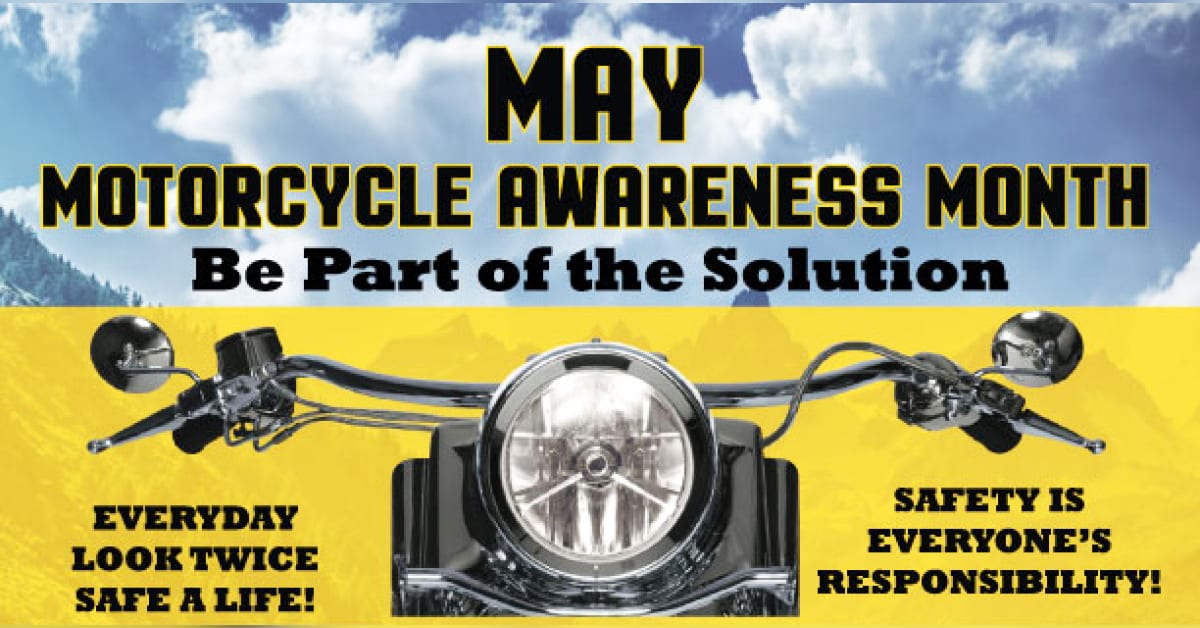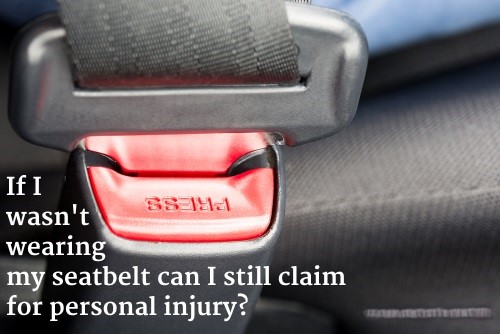
Playing sports – especially contact sports – brings with it an inherent risk of injury. Most injuries sustained playing sports are relatively minor, for example, scrapes, bruises, or sprain/strain injuries. However, more serious injuries, like fractures or concussions, while less common, are certainly a realistic possibility.
In these instances, would a player have a personal injury claim to pursue for the injuries sustained while playing their sport? This blog will look at the potential claims to be pursued, and some of the issues that can arise with these types of claims.





